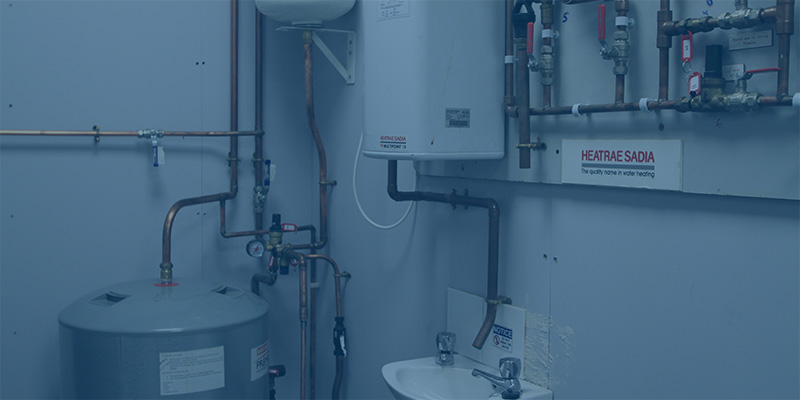
Logic4training's Energy Efficiency for Domestic Heating Certificate is for heating installers who work in domestic properties.
Completion of this course enables operatives to self-certify their work under Part L of the Building Regulations and the Domestic Building Services Compliance guide.
The LCL Awards Energy Efficiency for Domestic Heating training course is for building services installers who work on domestic properties.
It enables operatives to self-certify their work in accordance with:
- Building Regulations Approved Document L1A: Conservation of fuel and power in new dwellings (2013 edition with 2016 amendments),
- Approved Document L1B: conservation of fuel and power in existing dwellings, 2010 edition (incorporating 2010, 2011, 2013, 2016 and 2018 amendments) and
- The Domestic Building Services Compliance guide 2013 edition (incorporating 2018 amendments).
The course is a pre-requisite of renewable qualifications, such as heat pumps and solar thermal.
The cost of the course includes training, assessment and the certification fee.
The course covers the following areas in relation to energy efficiency in gas or oil-fired domestic heating:
- Regulatory requirements and sources of guidance
- Minimum boiler efficiency standards
- Determining whether a non-condensing boiler installation would be acceptable
- Space heating primary circuit types and design
- Compliance standards for hot water storage vessels
- Preparation and water treatment
- Commissioning
- Minimum standards for control
- Insulation of pipework
- Stand-alone, glandless heating system circulators
Candidates will undertake an online assessment.
There are no pre-requisites for this course, but it is targeted at existing heating and design engineers working in the building services engineering sector.
This course equips candidates with the knowledge to:
- Ensure compliance with Building Regulations Approved Documents L1A and L1B.
- Design and install energy-efficient domestic heating systems.
- Understand boiler efficiency standards, water treatment, commissioning, and pipework insulation.
- Self-certify work under the Competent Persons Scheme.
Energy efficiency training is crucial because:
- It ensures compliance with Part L of the Building Regulations.
- It allows engineers to self-certify installations without requiring local authority inspections.
- It helps professionals adopt best practices in installing high-efficiency boilers and other heating systems.
Part L focuses on the conservation of fuel and power in buildings. It sets out:
- Minimum energy performance standards for domestic heating systems.
- Requirements for insulation, efficient boilers, and system controls.
Compliance ensures reduced energy consumption, lower carbon emissions, and cost savings for homeowners.
This Energy Efficiency training course is a prerequisite for renewable qualifications such as heat pump installation courses.
This foundational knowledge ensures that installers are equipped to work on energy-efficient systems that integrate with renewable technologies.
The course focuses on gas or oil-fired domestic heating systems, covering:
- Condensing boilers and their efficiency standards.
- Space heating primary circuits and hot water storage vessels.
- Glandless heating system circulators.
The key drivers for the increasing demand for energy-efficient heating systems are:
- Rising energy costs are prompting homeowners to seek efficient solutions.
- Increased focus on reducing carbon emissions through sustainable technologies.
A condensing boiler recycles waste heat from flue gases to preheat incoming cold water. This makes it highly efficient compared to traditional boilers. By law, all new or replacement boilers must be condensing unless exceptional circumstances apply.
Operatives may wish to review the following documents in preparation for the course:







